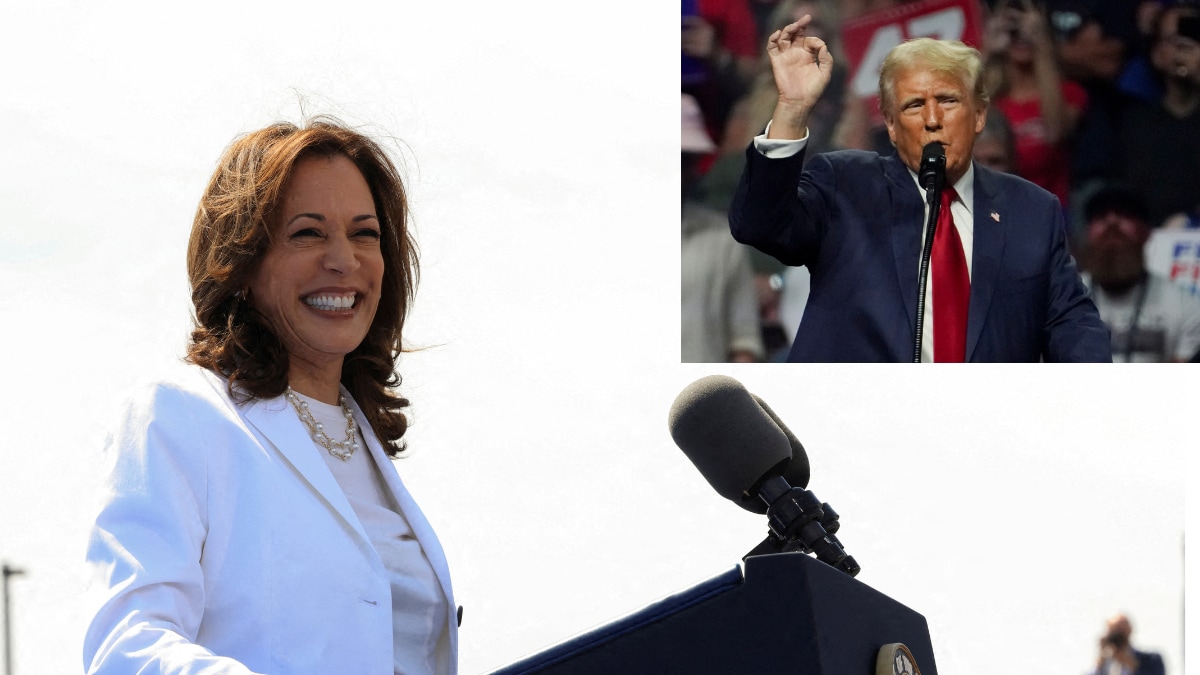The 2020 U.S. presidential election, even with the departure of Joe Biden, has generated considerable interest and commentary in Russia. Moscow’s stance, while asserting neutrality on the surface, reveals a clear preference for the Democratic nominee, Kamala Harris. While Russia deems her a more predictable opponent compared to Donald Trump, its overall perspective remains pessimistic regarding any potential improvement in U.S.-Russia relations.
A Predictable Opponent?
The Kremlin views Kamala Harris as a more predictable opponent than Donald Trump, implying a greater understanding of her policies and actions. This perception stems from the general ideological alignment of Democrats with Russia’s understanding of their historical and current approach.
Democrats: A Familiar Territory?
Putin’s earlier remarks praising Biden’s “predictability” appear to extend to the Democratic Party as a whole. The Kremlin perceives a level of consistency in the Democrats’ foreign policy stance, which offers a degree of clarity for Moscow to anticipate their actions. This predictability might be attributed to a shared history of adversarial relations, making their positions on issues like arms control and international conflicts relatively comprehensible.
Trump: An Unpredictable Wild Card
In contrast, Trump’s unpredictable nature has posed a challenge to Russia’s diplomatic maneuvering. His unorthodox policies and actions have thrown a spanner in Russia’s calculations, making it difficult to gauge his motives and potential future steps. While Trump’s admiration for Putin was initially perceived as an opportunity for improved relations, the unpredictable nature of his foreign policy ultimately hindered any tangible progress.
No Magic Wand for Ukraine Crisis
Despite Trump’s boast about resolving the Ukraine conflict in 24 hours, the Kremlin dismisses it as fantasy. They view it as unrealistic to expect a sudden shift in Washington’s support for Ukraine or a call for immediate peace negotiations.
A Long-Standing Conflict: Beyond One President
Russia recognizes the Ukraine crisis as a complex geopolitical issue that goes beyond the personality of any single U.S. president. The conflict has deep-rooted historical, cultural, and economic factors that cannot be readily resolved by a single presidential decree.
Persistent Disagreements: A Fundamental Rift
Beyond the Ukraine issue, the broader U.S.-Russia relationship is riddled with fundamental disagreements on various fronts, including nuclear arms control, cyber security, and human rights. These deep-rooted differences are unlikely to vanish with a change in administration, regardless of who occupies the Oval Office.
Bilateral Relations at an All-Time Low
Peskov bluntly states that U.S.-Russia relations have reached a historical low, and there are no immediate prospects for improvement. He cites U.S. actions perceived as undermining Russia’s interests as a primary factor. This strained relationship underscores the profound mistrust and tension between the two powers.
A History of Conflict: More Than a Recent Occurrence
This state of discord isn’t merely a product of recent events but stems from a long history of Cold War tensions, ongoing disputes over political and economic ideologies, and recurring clashes over regional influence. While temporary breakthroughs have been witnessed at times, the underlying rivalry has never been truly eradicated.
Limited Prospects for Change: Deepening Divide
Despite the cyclical nature of the relationship, the current climate suggests an enduring estrangement. The deepening divide between the two countries on issues ranging from democratic values to geopolitical ambitions appears unlikely to fade anytime soon.
No Candidate: A State of Uncertainly
While acknowledging that the election is an internal U.S. matter, Russia does seem to observe the developments closely. However, Peskov’s statement about having “no candidate” highlights their cautious approach and emphasizes their neutrality in the race. This could be a strategic move to maintain a position of strength, avoid unnecessary escalation, and observe the unfolding events before forming a definitive stance.
Take Away Points
- Despite appearances, the Russian government views the Democrats as more predictable than Trump, but with no expectation of improving relations.
- The Kremlin considers the U.S. election an internal matter but keeps a close watch on its development.
- Moscow is not expecting a dramatic shift in Washington’s policies toward Ukraine, seeing the issue as intricately intertwined with complex geopolitical considerations.
- Despite any changes in administration, Russia’s stance reflects a deep-seated mistrust and skepticism towards the U.S., rooted in a long history of friction.
- U.S.-Russia relations are at their lowest point, with no immediate signs of a path to recovery.




